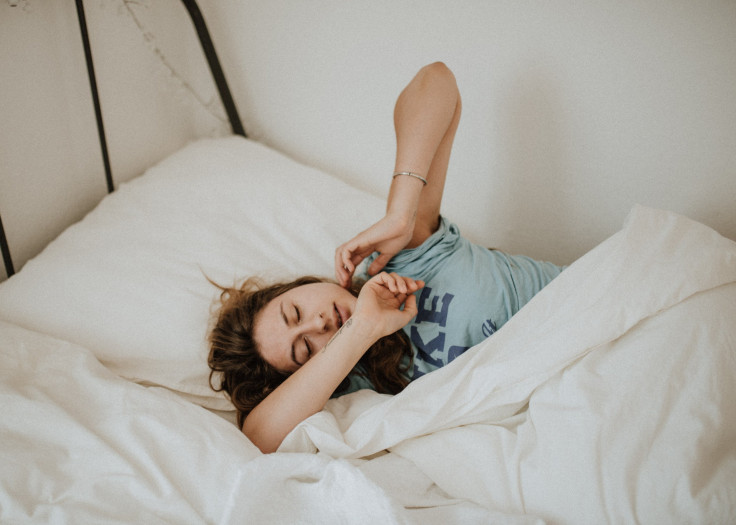Survey Finds Bad Habits Like Not Washing Hands Get In The Way Of Staying Healthy During COVID-19

A new survey revealed that although three-quarters of Americans are concerned about their health, they don't consider the negative effects that certain small actions could have on their communities' health. As reported by Value Penguin's Unhealthiest Habits survey an alarming number of more than four in 10 don't wash their hands every time after using the restroom.
The prevalence of this and more unhealthy habits underscores how easy the novel coronavirus (COVID-19) can spread throughout communities. These customs also become more jarring when one realizes the number of Americans who are vulnerable to disease, including 13% of the population who don't have health insurance.
Find below the key findings from the survey:
Bad Habits That Contribute to the Spread of COVID-19
Four in 10 Americans surveyed say they don't wash their hands after using the restroom, and a further 18% admit to regularly biting their nails. Additionally, over 45% confessed to sleeping next to their phones - whose surfaces tend to be another way the virus is spreading.
Bad Habits That Aren't Helping Americans' Overall Health
55% of Americans confessed to getting less than seven hours of sleep per night. 66% say they aren't eating enough helpings of fruit and vegetables in their diets, and 70% say they aren't getting the recommended two and half hours of physical activity in a week.
Bad Habits That Affect Americans' Long Term Health
53% of Americans don't visit the doctor for yearly checkups, with this being more common among men over women. Most worryingly, members of Gen Z are most likely to lie to their healthcare professionals (18%) and go into work when they're sick (33%), and a further 21% reported lying to their employee-sponsored health insurance providers.
Insufficient Access to Healthcare is the Most Worrying Aspect of All
While accounting for certain harmful habits can go a long way toward improving someone's overall health, for the 13% Americans who don't have access to health-care professionals and preventive care, taking steps can be extremely difficult or impossible. Generationally, over 19% of Gen Zers aren't insured, along with 15% of Millennials and 15% of Gen X.
Published by Medicaldaily.com



























